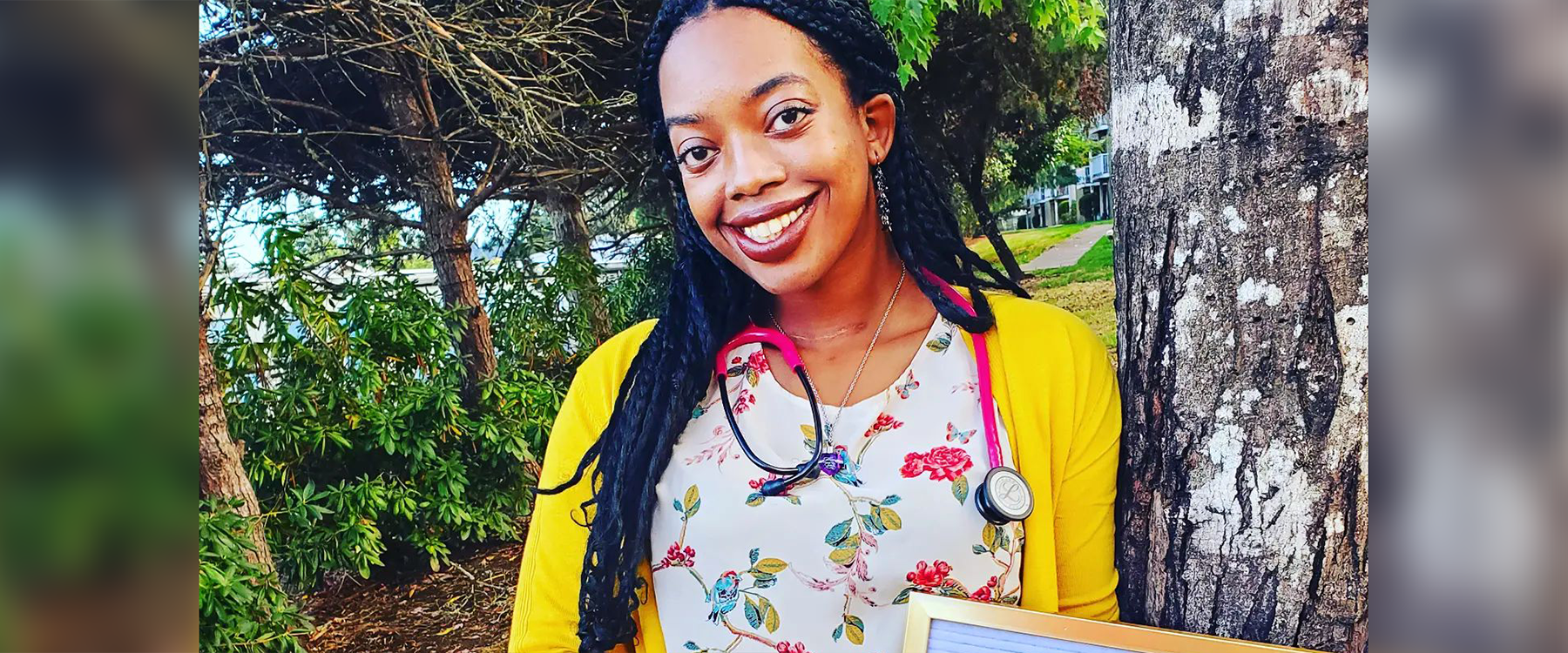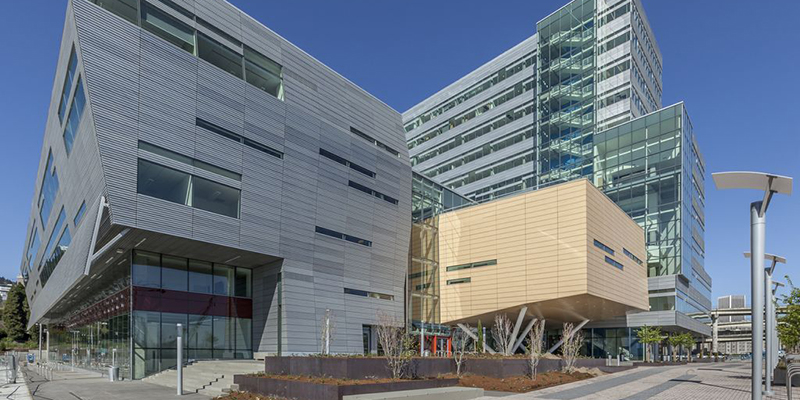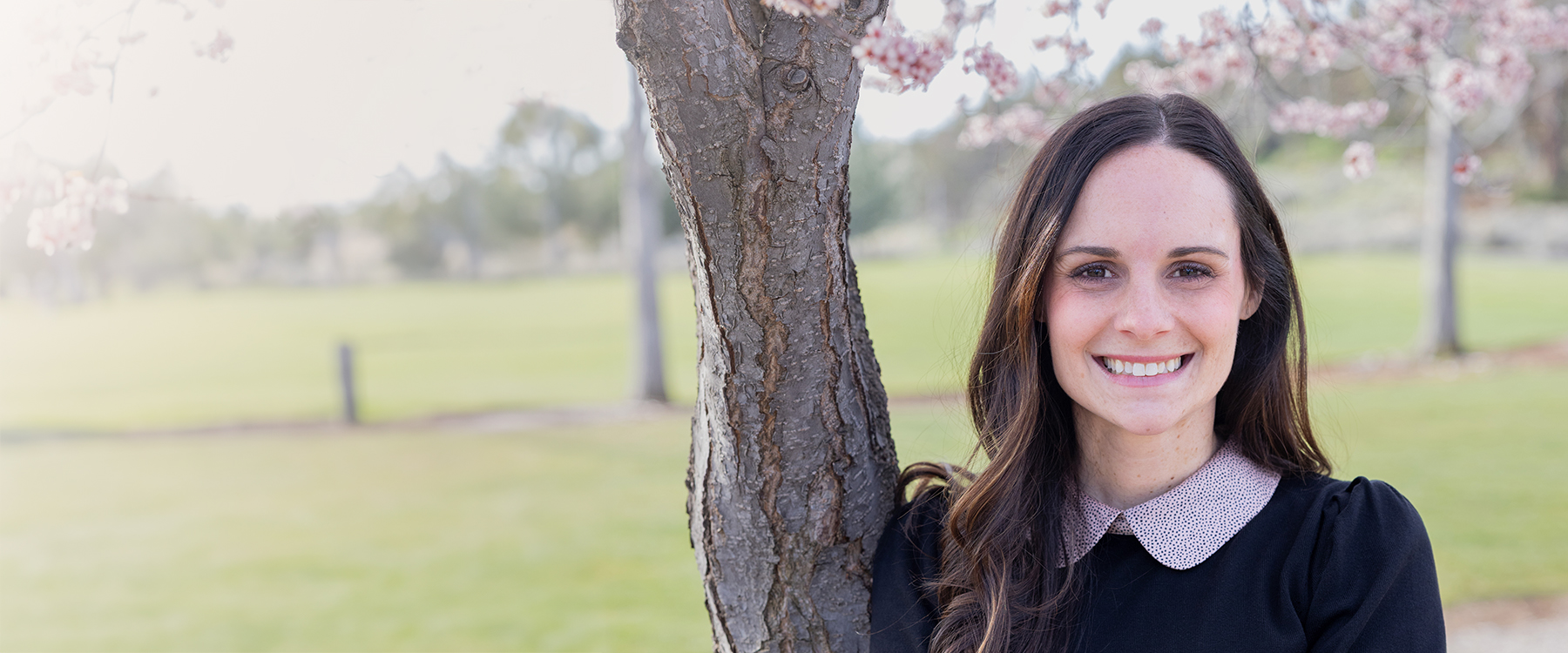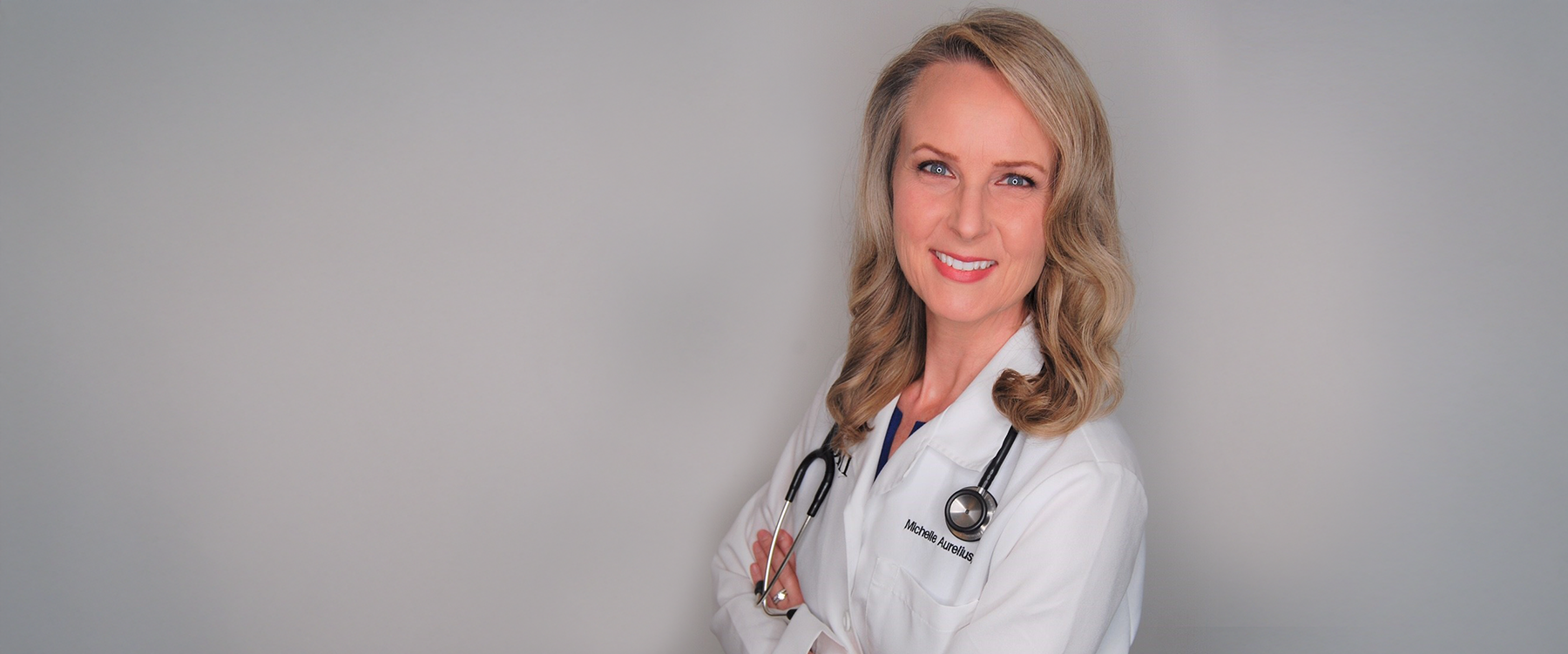Fourth-year nursing student Anna Abel is blazing her own trail and inviting others to follow.
Studying at OHSU School of Nursing Monmouth, Abel demonstrated her knack for nursing from an early age while caring for her mother, who had complex health challenges.
Nursing school, however, felt out of reach. When Abel, who is Black, thought about the racial disparities in the medical field, she saw an uphill battle. A 2020 survey led by the National Council of State Boards of Nursing and the National Forum of State Nursing Workforce Centers found that people of color represent 19.4% of registered nurses nationwide. Black nurses, specifically, represent 6.7%.
“I didn’t think nursing was ever something I could do because it was an underrepresented career,” she said. “Being a Black student, I didn’t have that representation of someone to inspire me, someone to say, ‘No matter the fact there aren’t many diverse individuals in the career, you can still do it.’”
Eventually, she found that inspiration: a Black nurse whose guidance laid the foundation for Abel to pursue nursing school and thrive. She chose OHSU because she connected with its atmosphere of learning and the institution’s commitment to advancing education. Now, Abel, who is a doula, is on the cusp of earning her B.S.N. and is one step closer to becoming a nurse midwife. Along the way, Abel co-founded and is president of the Black Student Nurses Umoja, an OHSU student group that provides community for Black nursing students and advocates for racial equity and justice in education and health care.
In this Q&A, Abel discusses how her and her mother’s medical experiences influenced her educational journey, her experience with implicit bias in health care and how the Black Student Nurses Umoja will continue to foster a more diverse future for OHSU and its community.
What sparked your interest in health care in general and midwifery more specifically?
“For health care, it was mainly my mom and the health challenges she was going through. When I had my daughter, I had a really challenging experience not being heard or recognized as an individual. I felt like things weren’t going right during my pregnancy and the postpartum stage. I ended up having a lot of depression during my pregnancy, and I didn’t have any support. My daughter had issues with failure to thrive, and I ended up having a really bad thyroid storm. There wasn’t a nurse telling me, ‘It’s OK. We can get through this.’ There wasn’t a doctor saying, ‘These kinds of things happen. Let’s figure out how to manage this situation.’ It was more of a, ‘We need to do this now. Let’s get this over with. Your decision doesn’t matter.’ And that made me want to be a voice for people in health care. I feel like the patient’s voice does matter, and they should know what’s going on. They should be informed about why things are happening and feel comfortable with the decisions that are being made.”
How did a lack of diversity in health care impact you before and during nursing school?
“My whole exposure to nursing was basically guided by another Black nurse, and I feel like that was impactful for me because she knew what was going on in nursing and health care regarding the lack of diversity. She was trying to help bring more diversity, and she witnessed the nursing skills I displayed when I was taking care of my mom. Having her voice really impacted me to be able to say, ‘Oh, I can do this.’
Being in clinicals at a different facility, it hits even harder seeing there isn’t that diversity. Being the only Black person in your cohort or the only Black person on the floor in the hospital — there’s a feeling that you’re standing out, standing out in the middle of an ocean by yourself. It’s almost like no matter what you do, if it’s a little mess up, it’s probably going to be seen a little more. A lot of times, it’s a very isolating experience being underrepresented.”
Is that what led to you creating the student group, the Black Student Nurses Umoja?
“Yeah, I was one of the co-founders of the group. There was a senior two years ahead of me; she was graduating, and she’s a Black student. She was the only other Black person I was running into on campus and was also in nursing, so I said, ‘Oh my gosh. Can we hang out? Can we talk? Can we go over these experiences we’re having?’ Because even though we felt like we were really welcomed by the faculty and students, it was still an isolating feeling not being able to have the same cultural narratives.
We’ve connected with the Alliance of Black Nurses Association of Oregon. We’re able to connect and express our needs and concerns with each other, and because they’re already nurses in practice and have their skills already set, they’re able to help us reflect and be like, ‘This is something that helped me get through this scenario.’
We’ve done other things like connecting with students and recruitment events. We did a virtual nursing career information session with Jefferson High School, and that was really impactful for me. It inspired me to want to continue to help more diverse students get into nursing — to be that nurse that inspired me to go into nursing.”
How do you feel like your experience at OHSU has impacted you as a health care provider and advocate?
“When I first came to OHSU, I was really excited about learning. I have a passion for learning, a passion for being taught a different way and being exposed to as much information as I can get. I definitely felt like OHSU was the best place to do that. But I also didn’t realize how much more is needed on the social front — more diverse students, more support for students and identifying the different challenges in health care and how that translates to the education process.
I can see the progress being made to combat racism and to try and become an anti-racist institution — constant action, constant initiatives, constant policy changes that support diversity. As I go through to graduation, I want to continue to see that. I want to continue to help with that and be able to leave this school knowing there are going to be students and cohorts coming after me that will be able to have more information because we laid that groundwork.”





